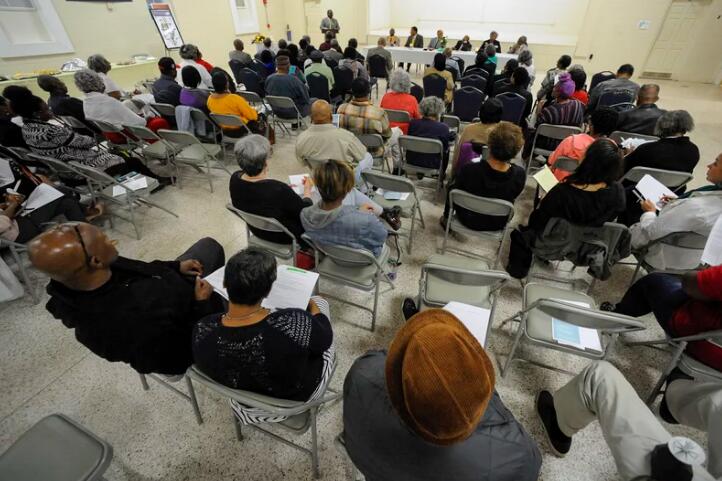A fund apologizes for its role in the Tuskegee syphilis study that targeted Black men
BIRMINGHAM, Ala. — For almost 40 years starting in the 1930s, as government researchers purposely let hundreds of Black men die of syphilis in Alabama so they could study the disease, a foundation in New York covered funeral expenses for the deceased. The payments were vital to survivors of the victims in a time and place ravaged by poverty and racism.
Altruistic as they might sound, the checks — $100 at most — were no simple act of charity: They were part of an almost unimaginable scheme. To get the money, widows or other loved ones had to consent to letting doctors slice open the bodies of the dead men for autopsies that would detail the ravages of a disease the victims were told was "bad blood."
Fifty years after the infamous Tuskegee syphilis study was revealed to the public and ...



